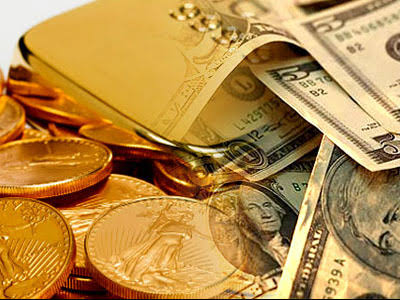
Nigeria’s foreign exchange reserves have surged to **\$41.00 billion** as of August 19, 2025, the highest in 44 months, according to fresh data from the Central Bank of Nigeria (CBN).
This marks the strongest level since December 3, 2021, representing a sharp rebound after a period of depletion and volatility largely caused by external debt repayments.
The CBN said the steady build-up underscores stronger foreign exchange inflows, enhancing its ability to stabilise the naira, manage liquidity, and guard against speculative attacks.
August has recorded particularly robust gains, with reserves climbing by **\$1.46 billion month-to-date**—a 3.69 percent rise from \$39.54 billion on August 1 to \$41.00 billion on August 19, averaging about \$81 million daily. Reserves crossed the \$40 billion mark on August 7, advanced to \$40.5 billion on August 12, and hit the \$41 billion milestone a week later.
However, year-to-date growth remains modest. Reserves stood at \$40.88 billion at the end of December 2024, meaning the current figure reflects just a **\$124 million (0.30 percent) increase** since the beginning of the year. Most of the gains have come in the past five weeks, following a muted first half of 2025 when reserves fluctuated between \$37 billion and \$39 billion.
In early July, reserves had dropped to as low as **\$37.28 billion** before rebounding sharply to add over \$3 billion—an 8 percent jump in just one month.
This recovery now places Nigeria in its strongest external reserves position since late 2021, effectively reversing the sustained drawdowns that eroded reserves throughout 2022 and 2023.








